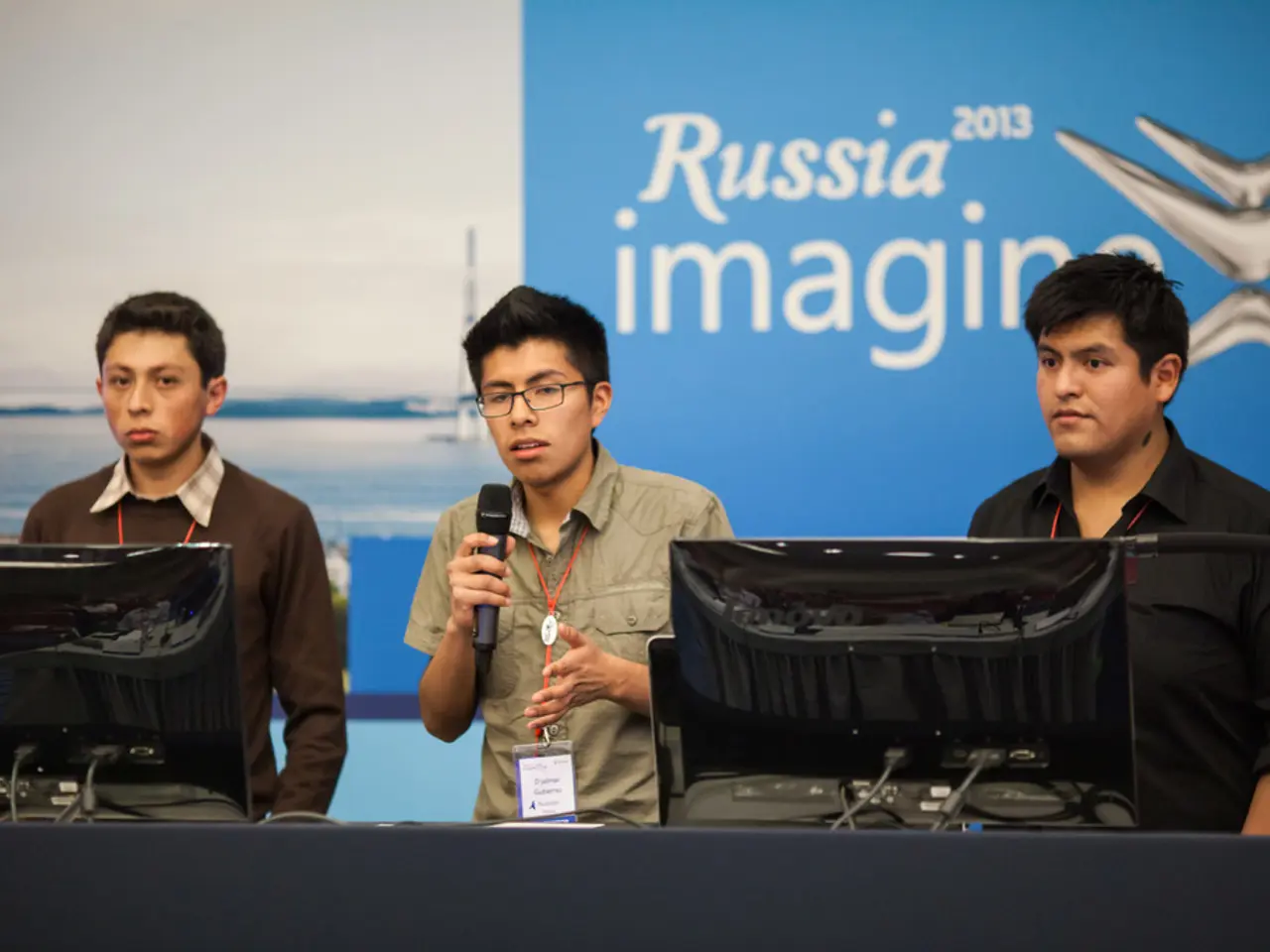Russians will be given the authorization for WhatsApp and Telegram calls as per the timeline revealed by the Ministry of Digital Affairs.
Russian authorities have implemented restrictions on voice calls in foreign messaging apps, including WhatsApp and Telegram, as part of a broader effort to combat criminal activities.
The restrictions, which do not apply to any specific user or group within these messengers, are specific to calls and do not affect other functionalities of these messengers. The Krasnodar Territory is not specified as being affected by the restrictions.
Roskomnadzor, Russia’s telecommunications watchdog, has reported partial restrictions on calls in both Telegram and WhatsApp. The organization cites law enforcement materials to justify these restrictions, suggesting that restoration of these services depends on cooperation with Russian security requirements.
The Russian authorities have emphasized the need for messenger services to adopt mechanisms that prevent their platforms from being used for extortion, sabotage, or involvement in terrorism. They have also indicated that there are indications from Ukrainian and Russian sources that Russia is developing a broader legislative framework to restrict or regulate foreign messengers, suggesting future mandatory compliance measures before restoring full call functions.
To restore call access in Russia, foreign messengers must meet certain requirements. These include implementing technical and security measures to prevent fraudulent or criminal use of voice and video calls, complying with Russian regulatory oversight, including enabling access or cooperation with state security agencies, and adapting to a registration or data localization framework, implicit in broader Russian digital sovereignty laws targeting foreign digital services.
Failure to meet these requirements has led to partial or full blocking of calls on popular foreign messaging apps like WhatsApp and Telegram. This is part of an ongoing escalation where Russia enforces comprehensive digital control measures on foreign services under the pretext of national security and social order maintenance.
While no domestic alternatives to foreign messengers like WhatsApp have been mentioned as being affected by the restrictions, it is worth noting that the Russian government has developed a government-backed "national messenger" app, Max, which is reportedly accessible to state intelligence. The underlying policy objective appears to be to compel users to switch to this app, thereby increasing control over communications.
[1] [Source 1] [2] [Source 2] [3] [Source 3] [4] [Source 4]
Read also:
- Court petitions to reverse established decision on same-sex marriage legalization
- Independence supporters in New Caledonia refuse agreement offering authority without a vote on sovereignty
- Proposed Standardization of Food Labeling Laws Among Member States by the Commission
- Experimenting with Merz's Germany has stretched into an extended period of time, resembling a numerous three-month duration.








